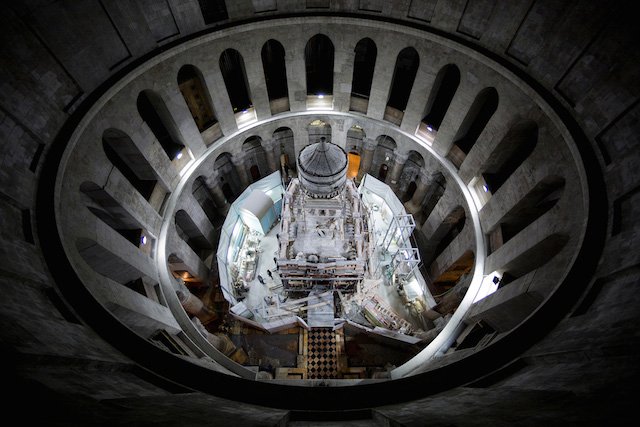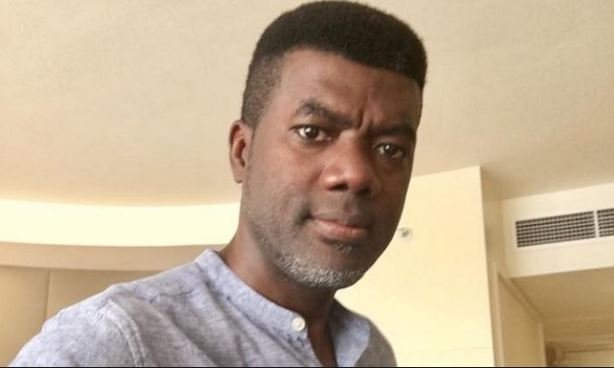News
Jerusalem: Jesus Christ’s burial site shut in protest


Church leaders closed Jerusalem’s Church of the Holy Sepulchre
Church leaders closed Jerusalem’s Church of the Holy Sepulchre on Sunday in protest against Israeli taxation and land policy affecting church property.
Roman Catholic, Greek Orthodox and Armenian Church leaders said the holy site, where many Christians believe Jesus was crucified and buried, would be closed until further notice.
A statement by the leaders accused Israel of a “systematic and unprecedented attack against Christians in the Holy Land” in pursuing a new tax policy and a proposed land appropriation law.
Church of the Holy Sepulchre contains, according to traditions dating back to at least the fourth century, the two holiest sites in Christianity: the site where Jesus of Nazareth was crucified, at a place known as “Calvary” or “Golgotha”, and Jesus’s empty tomb, where he is said to have been buried and resurrected.
The tomb is enclosed by the 19th-century shrine, called the Aedicule (Edicule). The Status Quo, a 150-year-old understanding between religious communities, applies to the site.
Within the church proper are the last four (or, by some definitions, five) Stations of the Via Dolorosa, representing the final episodes of Jesus’ Passion.
READ: Bollywood star Sridevi Kapoor dies of heart attack in Dubai
The church has been a major Christian pilgrimage destination since its creation in the fourth century, as the traditional site of the Resurrection of Christ, thus its original Greek name, Church of the Anastasis.
Today, the wider complex accumulated during the centuries around the Church of the Holy Sepulchre also serves as the headquarters of the Greek Orthodox Patriarch of Jerusalem, while control of the church itself is shared between several Christian denominations and secular entities in complicated arrangements essentially unchanged for over 160 years, and some for much longer.
The main denominations sharing property over parts of the church are the Greek Orthodox, Armenian Apostolic and Roman Catholic, and to a lesser degree the Coptic Orthodox, Syriac Orthodox and Ethiopian Tewahedo.
Meanwhile, Protestants, including Anglicans, have no permanent presence in the Church.
Some Protestants prefer The Garden Tomb, elsewhere in Jerusalem, as a more evocative site to commemorate Jesus’ crucifixion and resurrection.








